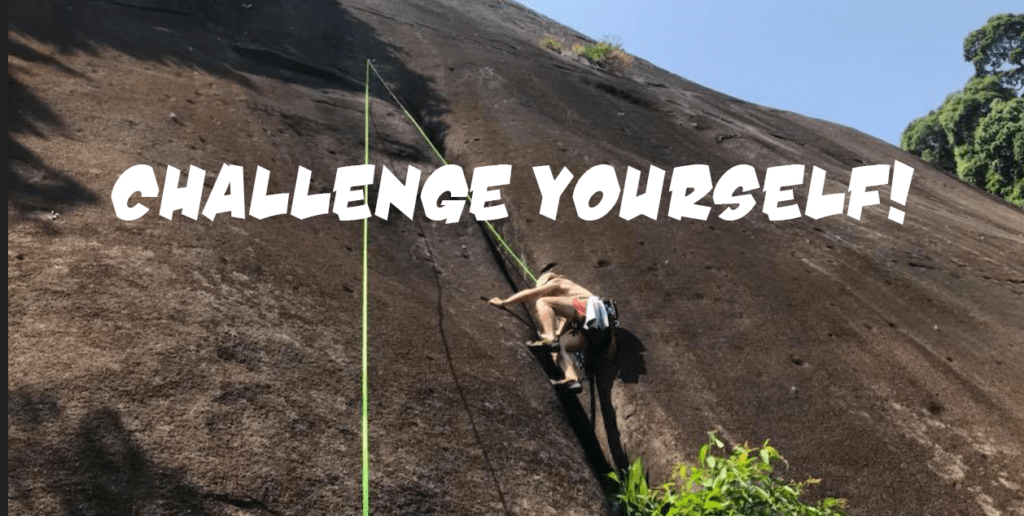Last September, I started an online course on “psychological research for practicing therapists.” It was supposed to take me no more than 20 hours and teach me “skills and abilities of the social science researcher” as part of my journey towards becoming a Psychotherapist.
I quickly worked through the course materials and passed the test. But then I had to write an essay. When I submitted my essay at the beginning of November, I’d probably spent 30 hours on the course. I thought I was done. But I was clearly not done, and a substantial lesson was to be learned.
The essay grader was happy about the first part, but did not pass the second. I had to provide further depth and added resources to my suggested mock-research project. I was diligent. I spent at least another 20 hours studying, rewriting, and upgrading my essay. I submitted it again at the beginning of January and I thought that was certainly the end of it. But within a few weeks I got the grader’s feedback. Not passed! There were “still some issues with this proposal.”
I’ll spare you the details, but I was frantic. I spent another 20 hours not only revising, but writing, a completely new research proposal. I shared it with my supervisor but his feedback was not very positive..
Now, I was really on edge. I’d spent more than 60 hours on a course which was supposed to take me only 20 hours, and I still did not have a proposal that would get a passing grade. I had enough! I rather angrily put the proposal to the side in complete despair.
I let it linger on my to do list for nearly 6 months. At the beginning of September, I finally had the guts to revisit the blasted thing again. That’s when something magical happened.
Reading the grader’s second feedback again, it became clear to me what I had to do. I just had to tweak and further explain three key points of my second submission. I did just that, and, with the support of Professor Spitzmueller and my supervisor, after only 3 hours of work, I was done and able to submit it.
Now, I don’t know if this round will pass, but I feel as if my chances are much better than before. And it didn’t require any frantic effort.
Letting the proposal linger for nearly 6 months gave me a chance to look at it with fresh eyes. My initial approach to “forcing it out of the way” gave way to seeing things with greater clarity and executing the assignment in a much shorter time … with less energy and greater efficiency.
Listening to a recent podcast, I learned that what I experienced in wrapping up this project so easily was the wonderful Taoist concept of Wu Wei … the concept of “non-doing.”
Outlining an approach that’s the complete opposite to how I typically live my life, the Tao Te Ching, written in China around 600 BC, explains the idea of Wu Wei as: ”Doing that which consists in taking no action… and order will prevail.”
Sounds like giving up or failing to engage. But Wu Wei is not about resignation or being lazy or uninterested. The idea behind it is that we should stop trying to force things and learn to become more comfortable in doing less. When we follow this advice, we gain a much clearer picture of what really needs to be done. And, when we do decide to move, our actions are more focused, decisive, and we’re able to accomplish the desired results in much less time.
Back in February, I could have easily spent another 25-30 hours reworking and reconsidering my research proposal. But after I’d put it to the side and revisited it with fresh eyes, it was done quickly. Lesson learned.
While it may seem difficult to grasp and not really applicable to today’s world with our hectic busyness and constant doing, I strongly believe Wu Wei is more than just one man’s philosophical guidance recorded thousands of years ago. It’s a profoundly essential insight… universal and timeless… that we modern humans need to embrace. As our lives have become ever more complex and fast-changing, it’s impossible to always be in control and able to bring projects to fruition without encountering some stumbling blocks along the way.
And so, at times, there’s power in relinquishing control, and there is harmony and peace in pausing and non-doing… or what Allan Watts called “non-forcing.”

I would like to challenge you today to identify an area in your life where you may be trying too hard. Find something where you’ve been forcing things and still the issue isn’t getting resolved. Anything comes to mind?
Yes? Well, put it to the side. Let it be. Let it linger. Practice non-doing. Wait, even if it is only an hour, a night or a couple of days. Wait with eyes and ears wide open.
You will know exactly when the time is right to take a look again. And, I’m willing to bet that after some time of non-doing, with a fresh perspective, things will move along easier, faster and with much greater efficiency for you.
That’s the promise of the wonderful and forgotten art of non-doing!
Try it out and let the magic work!
– Joerg

Leave a Reply